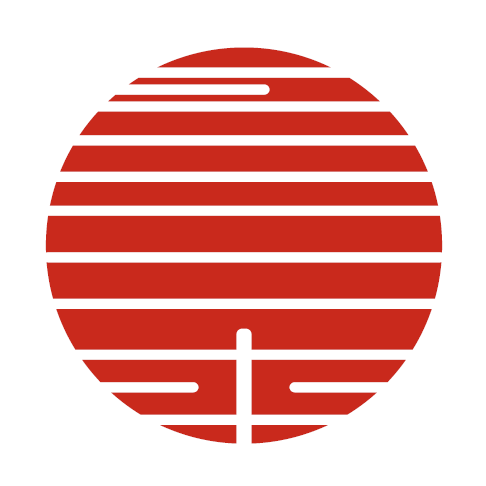Why Water is a Big Deal in Japan
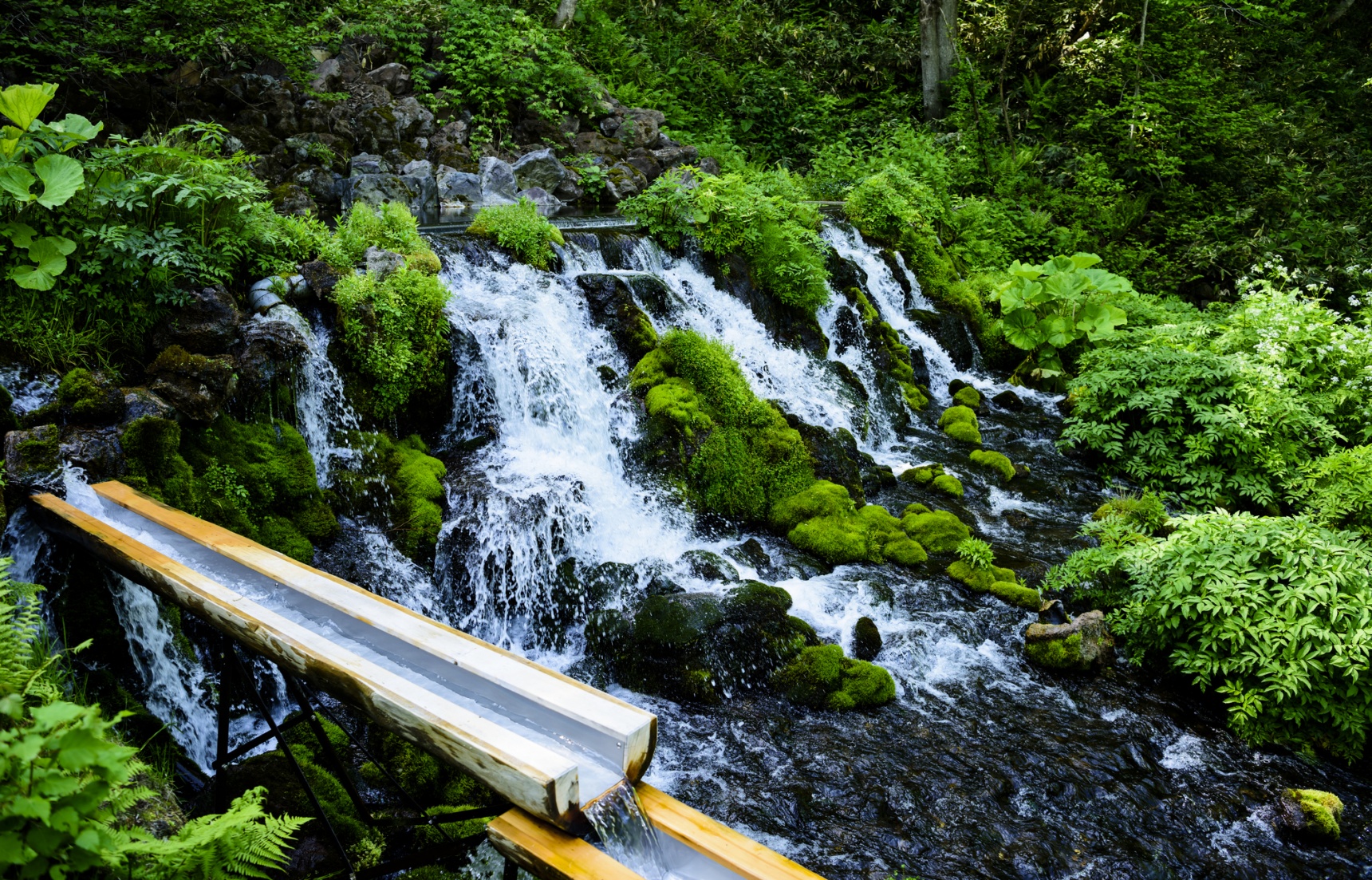
Water is plentiful in Japan. The nation gets more than 1,600 millimeters (63 in) of precipitation every year, while some 2,500 hot springs bring water bubbling up from the earth all over the country.
By 100 JAPAN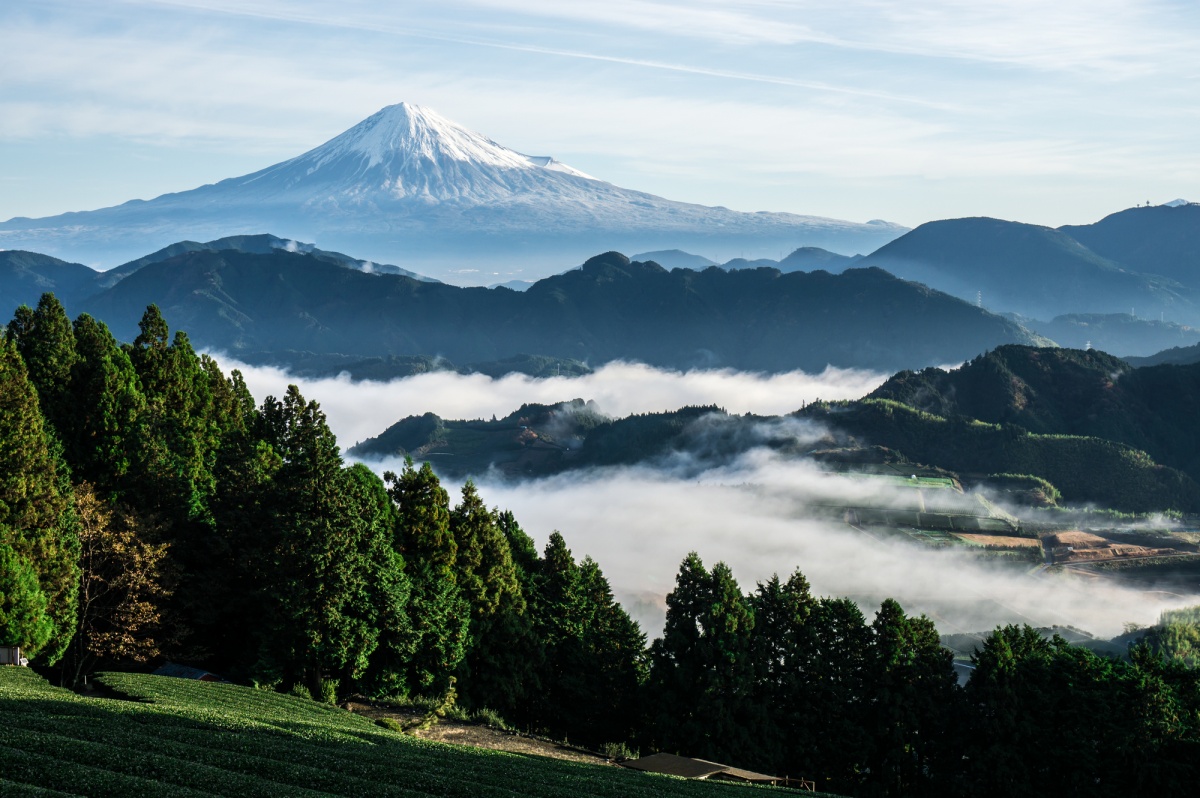
With nearly 70 percent of its area forested and 73 percent mountainous, that water is pretty clean, too—particularly in heavy snow accumulation zones. The tap water in the country is not only drinkable, its good flavor is a point of pride in places like Kumamoto, Tottori, and the parts of Shizuoka that get runoff from Mount Fuji.

Water is also key to making sake, and the mineral content can make a huge difference in the taste of the final product. Too much iron will negatively affect the aroma, while magnesium and phosphorus levels will affect the propagation of yeast and koji fungus. Sake breweries crowd around the best water sources throughout the country, with notable assemblies in Niigata and Hiroshima.
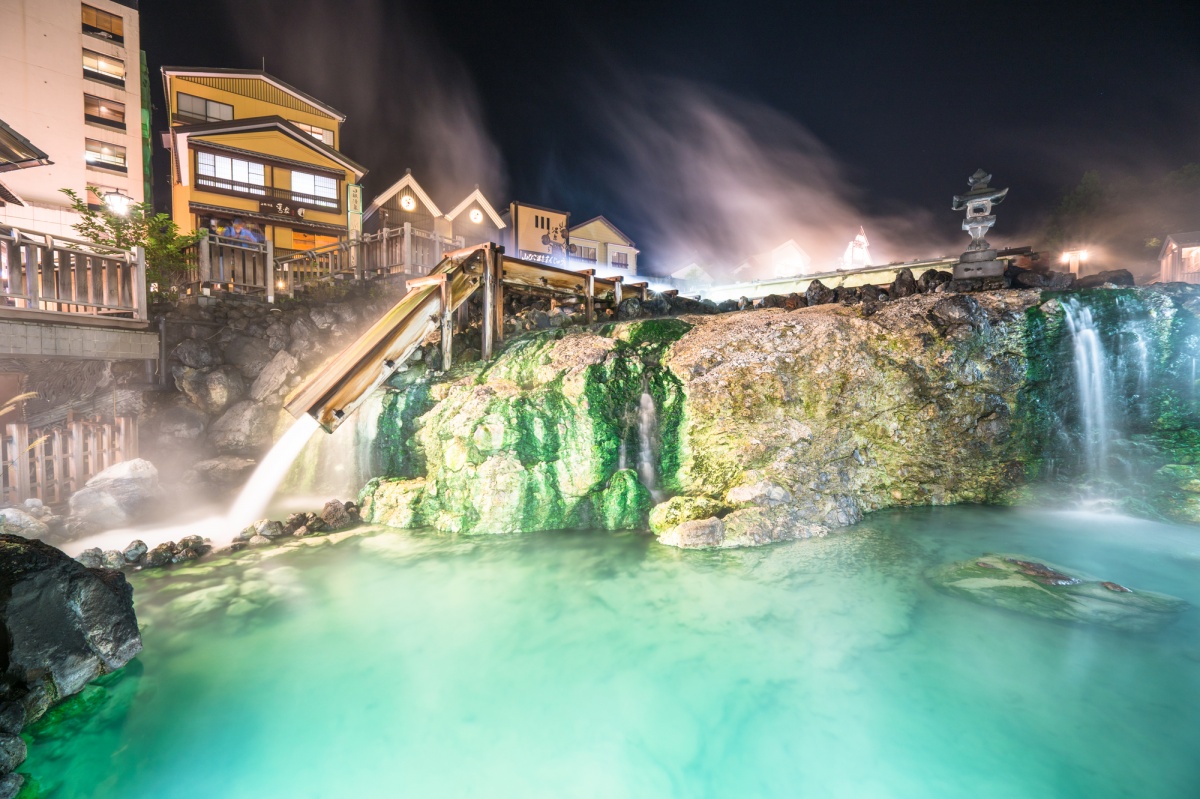
People also care a great deal about the quality of hot spring (onsen) water. Different mineral compositions in the rocks will be picked up by the water as it passes, making for hot springs with different qualities. Alkaline springs are believed to promote good skin, for example, while calcium sulfate springs are said to alleviate rheumatism, and magnesium sulfate springs are said to help lower blood pressure.
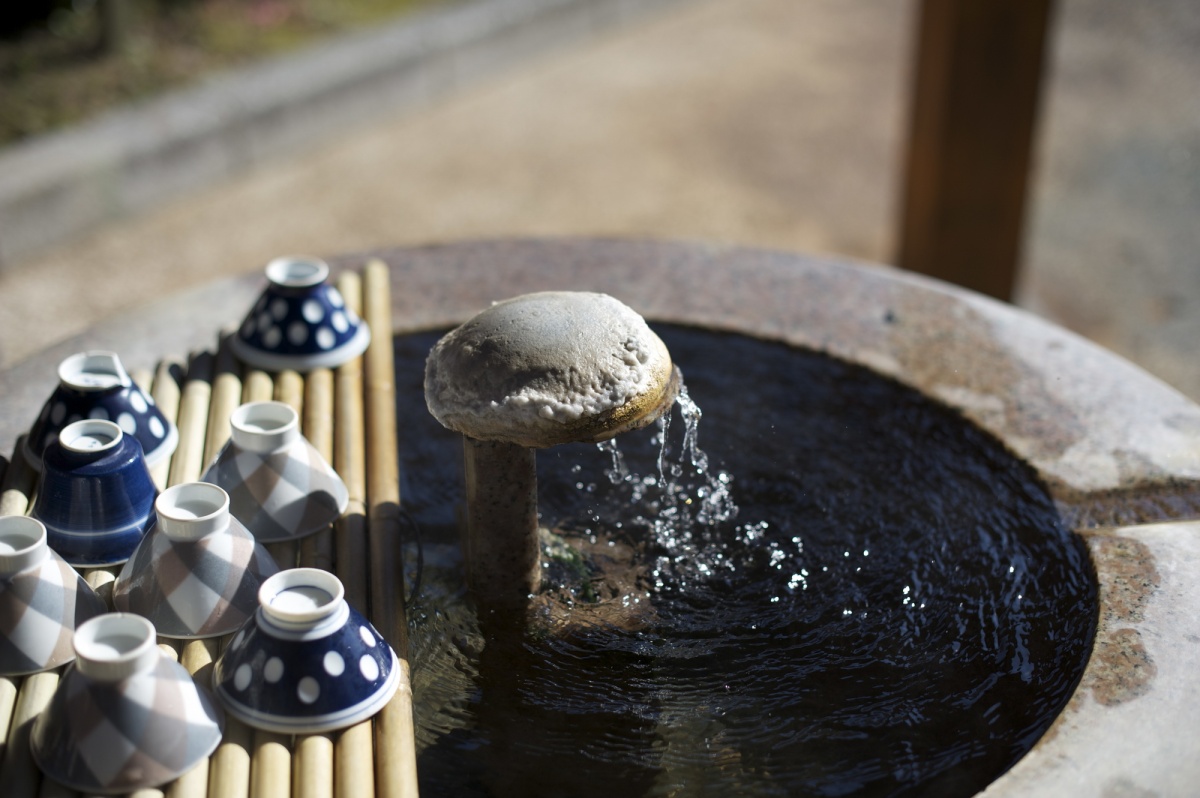
Some hot spring water can be drunk as well, which is believed to internalize the health benefits from certain water types (though not all!). You’ll sometimes find a cup by the water inlet in the bath, which is a good sign that the water is safe to drink.
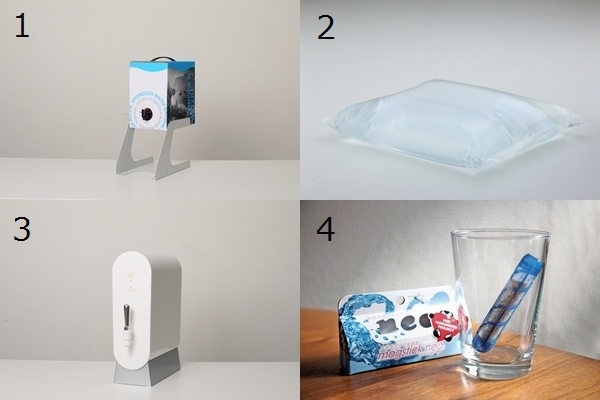
As you can see, Japan takes water pretty seriously. So what do you do if you want some Japan-enhanced water but don't live in the area? Why not give the following a try!
1. HYDROGEN WATER (jwater co., ltd.)
2. High concentration silica water (tentative) (jwater co., ltd.)
3. WATER DISPENSER (jwater co., ltd.)
4. Magstick neo (Kai Nagaishi)


